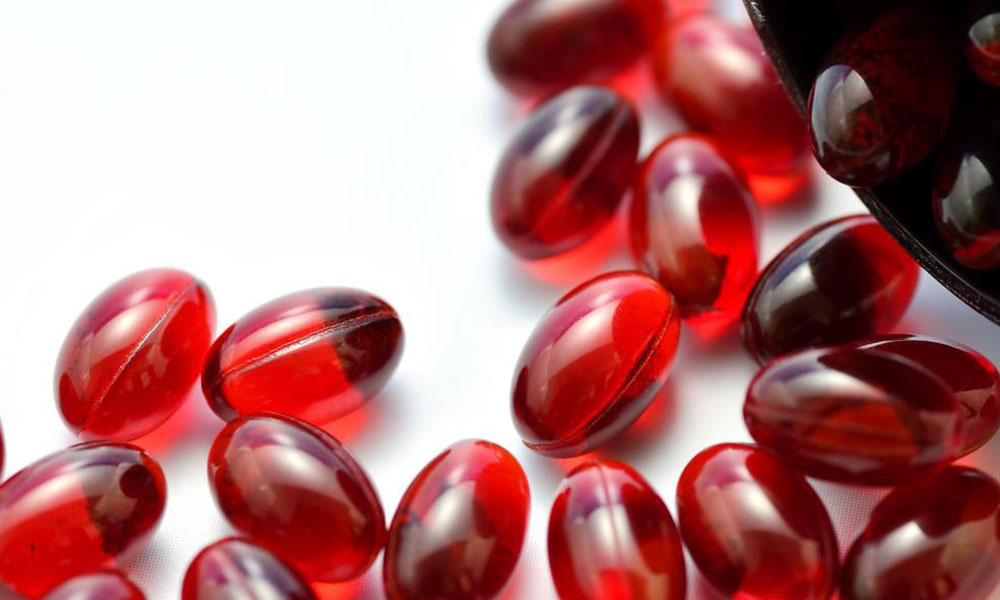Essential Insights into Garcinia Cambogia Supplements for Weight Management
Garcinia cambogia supplements are popular for weight loss but have mixed scientific support and potential health risks. This article explores their benefits, side effects, and safer alternatives. Consult a healthcare professional before use for personalized advice.
Sponsored

Garcinia cambogia is a tropical fruit native to Southeast Asia and India, gaining popularity in health and fitness communities. Its rind contains hydroxycitric acid (HCA), which is believed to support weight reduction efforts. Many brands market supplements claiming to promote fat loss, improve cholesterol levels, regulate blood sugar, and suppress appetite. However, scientific studies have produced conflicting results regarding these benefits, with some evidence supporting limited efficacy and others refuting the claims.
Managing cholesterol
Blood sugar regulation
Appetite control
Despite the debates, many individuals continue trying Garcinia cambogia supplements, experiencing both positive and mixed outcomes. It’s important to discuss potential risks with healthcare providers before use.
Health concerns related to Garcinia cambogia include possible side effects like dizziness, fatigue, nausea, headaches, dry mouth, skin rashes, weakened immune system, and stomach upset. Prolonged use may pose serious risks such as liver damage. Users should stop if adverse symptoms occur.
Who should avoid Garcinia cambogia?
Individuals who are pregnant, breastfeeding, diabetic, or suffering from liver or kidney issues should steer clear. It can also interact harmfully with blood thinners, iron supplements, statins, asthma medications, painkillers, and antidepressants, among others.
Proper dosage guidance?
Since individual needs vary, consulting a healthcare professional is crucial to determine an appropriate dose and assess potential health risks.
Safer weight loss options?
Sustainable weight management should focus on balanced nutrition and physical activity. Incorporate high-protein foods like eggs and fish, fiber-rich vegetables and grains, probiotics such as yogurt and kimchi, healthy fats from nuts and oils, and engage in regular workouts like running or strength training. Staying active throughout the day and ensuring adequate sleep are also vital for achieving health goals.






